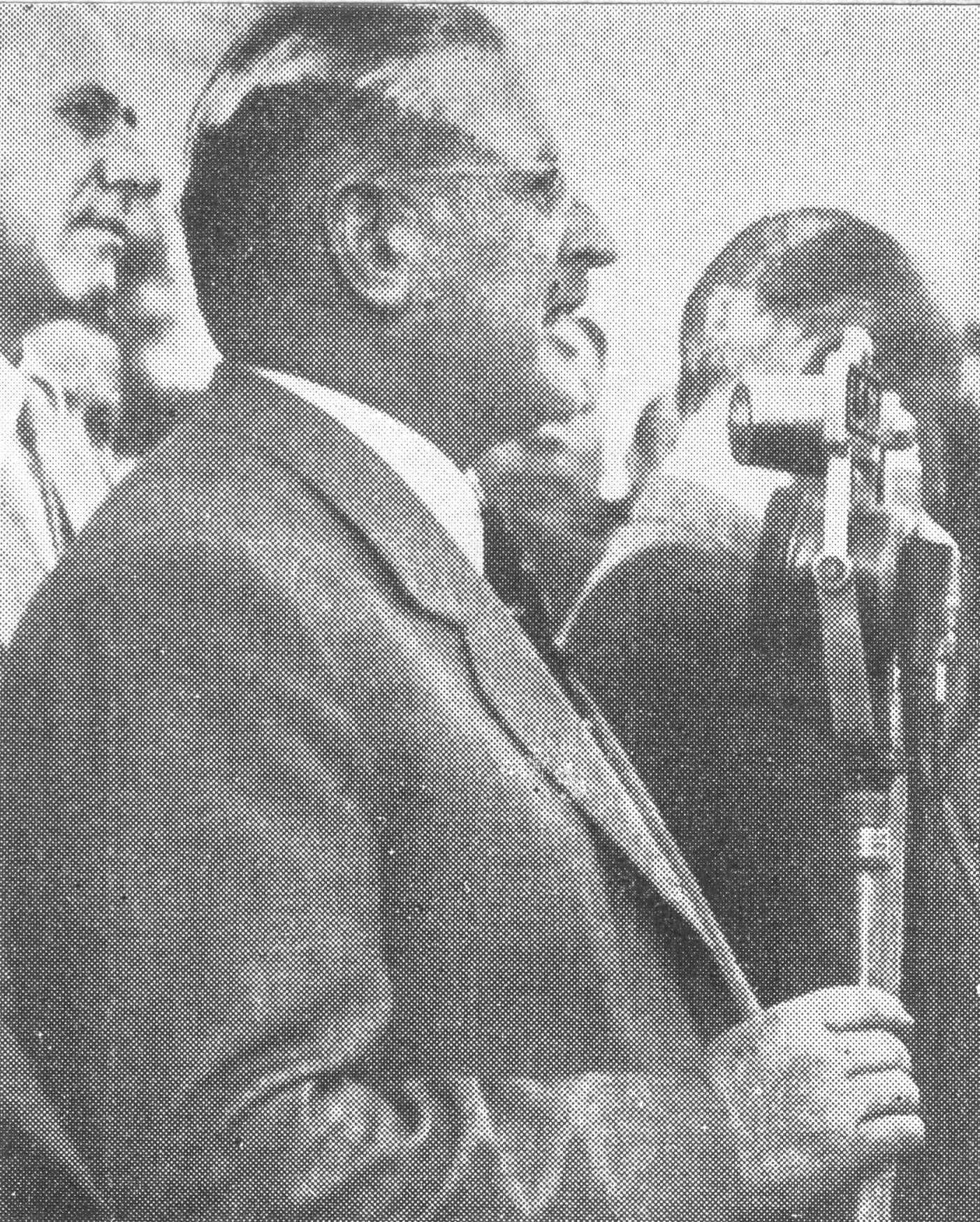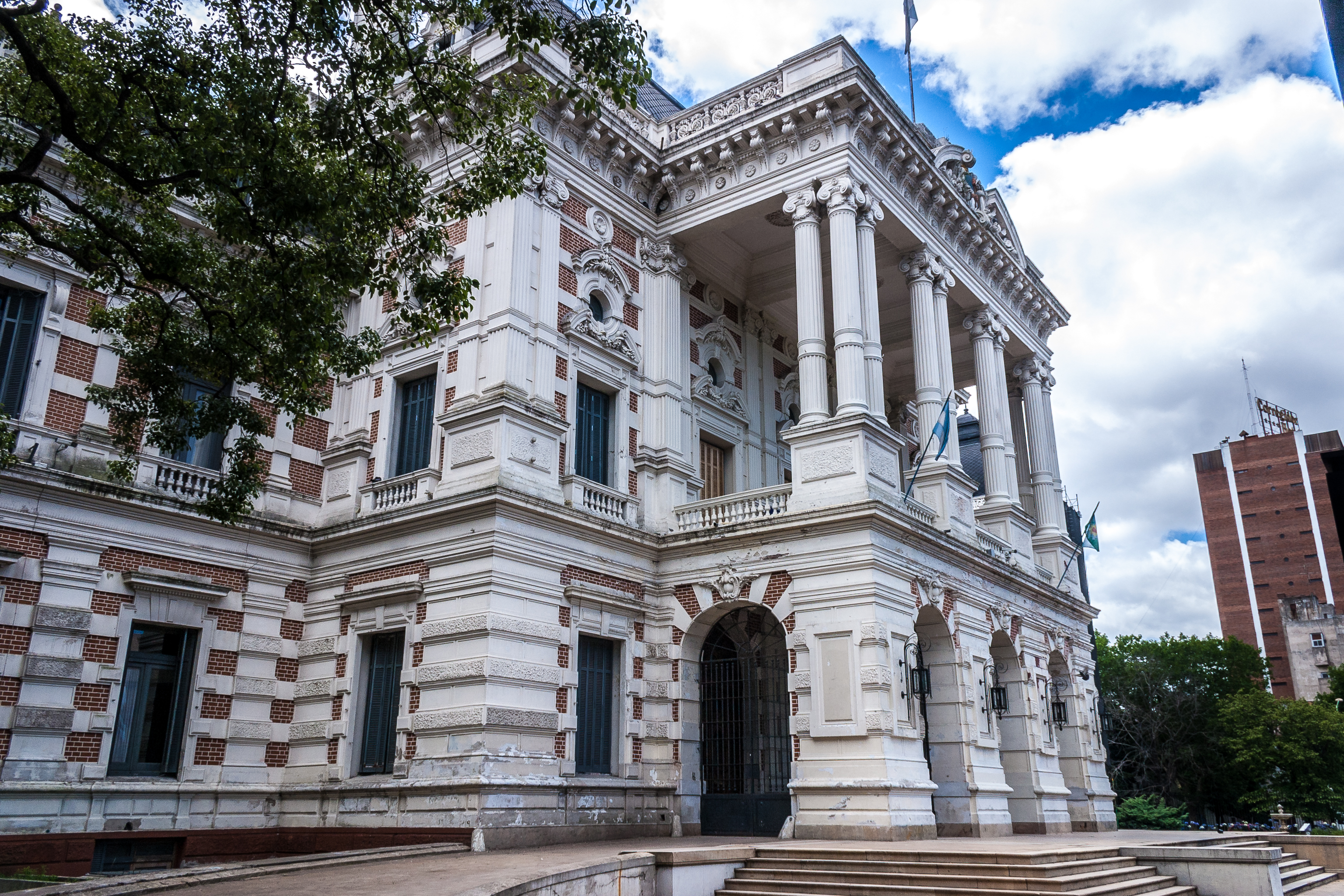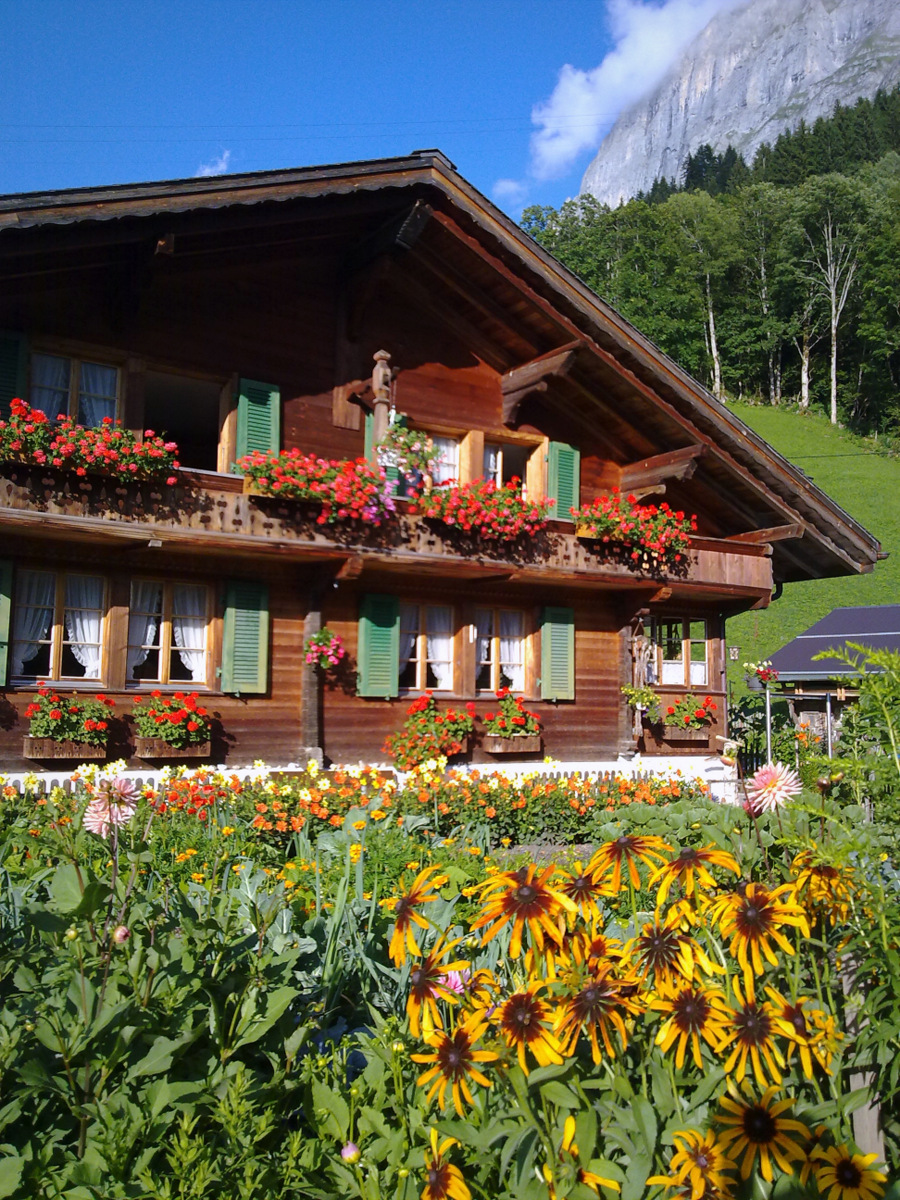|
Domingo Mercante
Domingo Mercante (June 11, 1898 – February 21, 1976) was an Argentine military officer and governor of the province of Buenos Aires. He stood out as one of the initiators of Peronism, organizing labor mobilizations that ended on 17 October 1945 with the release of Juan Domingo PerГіn. Life and times Domingo Alfredo Mercante was born in the Flores section of Buenos Aires in 1898. His father was a locomotive engineer and senior member of ''La Fraternidad'', the main railway workers' trade union at the time. He completed his secondary education in the National Military College in 1919 and received further training in the Superior War College, making him a career military officer. He married Elena Caporale and was transferred to the chief Argentine Army base, the Campo de Mayo, where he remained from 1924 to 1940. A lieutenant colonel in the Mountain Division, Mercante took part in the 1943 coup d'Г©tat against conservative President RamГіn Castillo. This opportunity led labor ... [...More Info...] [...Related Items...] OR: [Wikipedia] [Google] [Baidu] |
Governor Of Buenos Aires Province
The Governor of Buenos Aires Province ( es, Gobernador de la Provincia de Buenos Aires) is a citizen of the Buenos Aires Province of Argentina, holding the office of governor for the corresponding period. The governor is elected alongside a vice-governor. Currently the governor of Buenos Aires Province is Axel Kicillof since December 11, 2019. Requirements To be able to be elected governor, the person must be an Argentine citizen and must have been born in Argentina, or be the child of an Argentine citizen if born in a foreign country.ConstituciГіn de la Provincia de Buenos Aires - Art- 121 The citizen must also be at least 30 years old, and have at least 5 uninterrupted years of residence in the province if not natural from it. The term lasts 4 years, with the chance ... [...More Info...] [...Related Items...] OR: [Wikipedia] [Google] [Baidu] |
Campo De Mayo
Campo de Mayo is a military base located in Greater Buenos Aires, Argentina, northwest of Buenos Aires. Campo de Mayo covers an area of and is one of the most important military bases in Argentina, including Argentine Army's: * General Lemos Combat Support School * Sergeant Cabral Army NCO School * Campo de Mayo Military Hospital * Metropolitan Military Garrison HQ * Army Infantry School * Army Cavalry School * Army School of Communications * Army Engineering School * Army Artillery School * 601 Air Assault Regiment * 601 Commando Company * main units of Argentine Army Aviation It is also home for the aviation service of the Argentine National Gendarmerie History Development of the base was authorized by a Congressional bill sponsored by the Minister of War, General Pablo Riccheri, and signed by President Julio Roca on August 8, 1901. A site was later chosen northwest of Buenos Aires, for which land was purchased from Eugenio Mattaldi in 1910. Between 1976 and 1982, during the ... [...More Info...] [...Related Items...] OR: [Wikipedia] [Google] [Baidu] |
Chalet
A chalet (pronounced in British English; in American English usually ), also called Swiss chalet, is a type of building or house, typical of the Alpine region in Europe. It is made of wood, with a heavy, gently sloping roof and wide, well-supported eaves set at right angles to the front of the house. Definition and origin The term ''chalet'' comes from the Arpitan-speaking part of Switzerland and the French Savoy region, and originally referred to the hut of a herder. It was often embedded in the ground for the sake of temperature buffering. Many chalets in the European Alps were originally used as seasonal farms for dairy cattle, which would be brought up from the lowland pastures during the summer months. The herders would live in the chalet and make butter and cheese in order to preserve the milk produced. These products would then be taken, with the cattle, back to the low valleys before the onset of the alpine winter. The chalets would remain locked and unused during t ... [...More Info...] [...Related Items...] OR: [Wikipedia] [Google] [Baidu] |
Land Reform
Land reform is a form of agrarian reform involving the changing of laws, regulations, or customs regarding land ownership. Land reform may consist of a government-initiated or government-backed property redistribution, generally of agricultural land. Land reform can, therefore, refer to transfer of ownership from the more powerful to the less powerful, such as from a relatively small number of wealthy or noble owners with extensive land holdings (e.g., plantations, large ranches, or agribusiness plots) to individual ownership by those who work the land. Such transfers of ownership may be with or without compensation; compensation may vary from token amounts to the full value of the land. Land reform may also entail the transfer of land from individual ownership—even peasant ownership in smallholdings—to government-owned collective farms; it has also, in other times and places, referred to the exact opposite: division of government-owned collective farms into smallholdings. Th ... [...More Info...] [...Related Items...] OR: [Wikipedia] [Google] [Baidu] |
Public Works
Public works are a broad category of infrastructure projects, financed and constructed by the government, for recreational, employment, and health and safety uses in the greater community. They include public buildings ( municipal buildings, schools, and hospitals), transport infrastructure (roads, railroads, bridges, pipelines, canals, ports, and airports), public spaces (public squares, parks, and beaches), public services (water supply and treatment, sewage treatment, electrical grid, and dams), and other, usually long-term, physical assets and facilities. Though often interchangeable with public infrastructure and public capital, public works does not necessarily carry an economic component, thereby being a broader term. Public works has been encouraged since antiquity. For example, the Roman emperor Nero encouraged the construction of various infrastructure projects during widespread deflation. Overview Public works is a multi-dimensional concept in economics and poli ... [...More Info...] [...Related Items...] OR: [Wikipedia] [Google] [Baidu] |
Labor Rights
Labor rights or workers' rights are both legal rights and human rights relating to labor relations between workers and employers. These rights are codified in national and international labor and employment law. In general, these rights influence working conditions in relations of employment. One of the most prominent is the right to freedom of association, otherwise known as the right to organize. Workers organized in trade unions exercise the right to collective bargaining to improve working conditions. Labor background Throughout history, workers claiming some sort of right have attempted to pursue their interests. During the Middle Ages, the Peasants' Revolt in England expressed demand for better wages and working conditions. One of the leaders of the revolt, John Ball famously argued that people were born equal saying, "When Adam delved and Eve span, who was then the gentleman?" Laborers often appealed to traditional rights. For instance, English peasants fought against ... [...More Info...] [...Related Items...] OR: [Wikipedia] [Google] [Baidu] |
Radical Civic Union
The Radical Civic Union ( es, UniГіn CГvica Radical, UCR) is a centrist and social-liberal political party in Argentina. It has been ideologically heterogeneous, ranging from social liberalism to social democracy. The UCR is a member of the Socialist International. Founded in 1891 by radical liberals, it is the oldest political party active in Argentina after the Liberal Party of Corrientes. For many years, the party was either in opposition to Peronist governments or illegal during military rule. The UCR's main support comes from the middle class. The party has stood for free elections, secularism, supremacy of civilians over the military, and liberal democratic values. Especially during the 1970s and 1980s, it was perceived as a strong advocate for human rights. It had different conformations and fractures and through them it ruled the country seven times with the presidencies of HipГіlito Yrigoyen (1916–1922) and (1928–1930), Marcelo Torcuato de Alvear (1922–1928 ... [...More Info...] [...Related Items...] OR: [Wikipedia] [Google] [Baidu] |
Province Of Buenos Aires
Buenos Aires (), officially the Buenos Aires Province (''Provincia de Buenos Aires'' ), is the largest and most populous Argentine province. It takes its name from the city of Buenos Aires, the capital of the country, which used to be part of the province and the province's capital until it was federalized in 1880. Since then, in spite of bearing the same name, the province does not include Buenos Aires proper, though it does include all other parts of the Greater Buenos Aires metropolitan area. The capital of the province is the city of La Plata, founded in 1882. It is bordered by the provinces of Entre RГos to the northeast, Santa Fe to the north, CГіrdoba to the northwest, La Pampa to the west, RГo Negro to the south and west and the Autonomous City of Buenos Aires to the northeast. Uruguay is just across the Rio de la Plata to the northeast, and both are on the coast of the Atlantic Ocean to the east. Almost the entire province is part of the Pampas geographical regio ... [...More Info...] [...Related Items...] OR: [Wikipedia] [Google] [Baidu] |
Eva Duarte
Eva or EVA may refer to: * Eva (name), a feminine given name Arts, entertainment, and media Fictional characters * Eva (Dynamite Entertainment), a comic book character by Dynamite Entertainment * Eva (''Devil May Cry''), Dante's mother in the ''Devil May Cry'' video game series * Eva (''Metal Gear''), a fictional character in the ''Metal Gear'' video games series * Evangelion (mecha), commonly referred to as "Eva" or "EVA", a fictional cyborg in the ''Neon Genesis Evangelion'' franchise Films * ''Eva'' (1948 film), a Swedish film * ''Eva'' (1953 film), a Greek drama film * ''Eva'' (1958 film), an Austrian film * ''Eva'' (1962 film), a French-Italian film in English * ''Eva'' (2010 film), an English-language Romanian film * ''Eva'' (2011 film), a Spanish film * ''Eva'' (2018 film), a French film Music Artists *Eva (singer), French singer * E.V.A. (band) (Eve Versus Adam), an Italian female pop band * Banda Eva, a Brazilian axГ© band formerly fronted by Ivete Sangalo ... [...More Info...] [...Related Items...] OR: [Wikipedia] [Google] [Baidu] |
Juan PerГіn
Juan Domingo Perón (, , ; 8 October 1895 – 1 July 1974) was an Argentine Army general and politician. After serving in several government positions, including Minister of Labour and Vice President of a military dictatorship, he was elected President of Argentina three times, serving from June 1946 to September 1955, when he was overthrown by the '' Revolución Libertadora'', and then from October 1973 until his death in July 1974. During his first presidential term (1946–1952), Perón was supported by his second wife, Eva Duarte ("Evita"): they were immensely popular among the Argentine working class. Perón's government invested heavily in public works, expanded social welfare, and forced employers to improve working conditions. Trade unions grew rapidly with his support and women's suffrage was granted with Eva's influence. On the other hand, dissidents were fired, exiled, arrested and tortured, and much of the press was closely controlled. Several high-profile war crimin ... [...More Info...] [...Related Items...] OR: [Wikipedia] [Google] [Baidu] |
Juan Atilio Bramuglia
Juan Atilio Bramuglia (January 1, 1903 – September 4, 1962) was an Argentine labor lawyer who served as Minister of Foreign Affairs during the administration of President Juan Perón. Life and times Early life and career Bramuglia was born in Chascomús, Buenos Aires Province, to Italian immigrants; his father worked for the Buenos Aires Great Southern Railway. He enrolled at the University of Buenos Aires, and earned a ''juris doctor'' in 1925. He began his legal career as a lawyer for the ''Unión Ferroviaria'', an employer-sponsored rail workers' union, and in 1929, became its chief counsel. The union eclipsed more combative rivals in the nation's important rail sector, becoming the most powerful in the CGT umbrella labor union by the 1940s. Following a nationalist military coup in June 1943, he joined the leader of the rival rail union ''La Fraternidad'', Francisco Capozzi, and a colleague in the CGT, retail employees' union leader Ángel Borlenghi, in alliance that soug ... [...More Info...] [...Related Items...] OR: [Wikipedia] [Google] [Baidu] |
ГЃngel Borlenghi
Ángel Borlenghi (February 1, 1904 – August 6, 1962) was an Argentine labour leader and politician closely associated with the Peronist movement. Life and times Early life and the labor movement Ángel Gabriel Borlenghi was born in Buenos Aires to Italian immigrants, in 1904. Becoming a retail clerk by profession, Borlenghi's socialist ideology soon led him to join the Commercial Employees' Federation (FEC). His position in the union rose after his fellow socialists advanced the 1926 formation of the Argentine Workers' Confederation (COA), and Borlenghi was named Secretary General of the FEC when the COA fused with another, leftist union (the Union of Argentine Syndicates, or USA) to become the CGT (still the nation's preeminent labor union), in 1930. Borlengh was named director of the Interunion Committee, and thus given the twin responsibilities of coordinating policy among the myriad unions in the CGT, as well as resolving conflict as it appeared. The CGT presented its firs ... [...More Info...] [...Related Items...] OR: [Wikipedia] [Google] [Baidu] |







